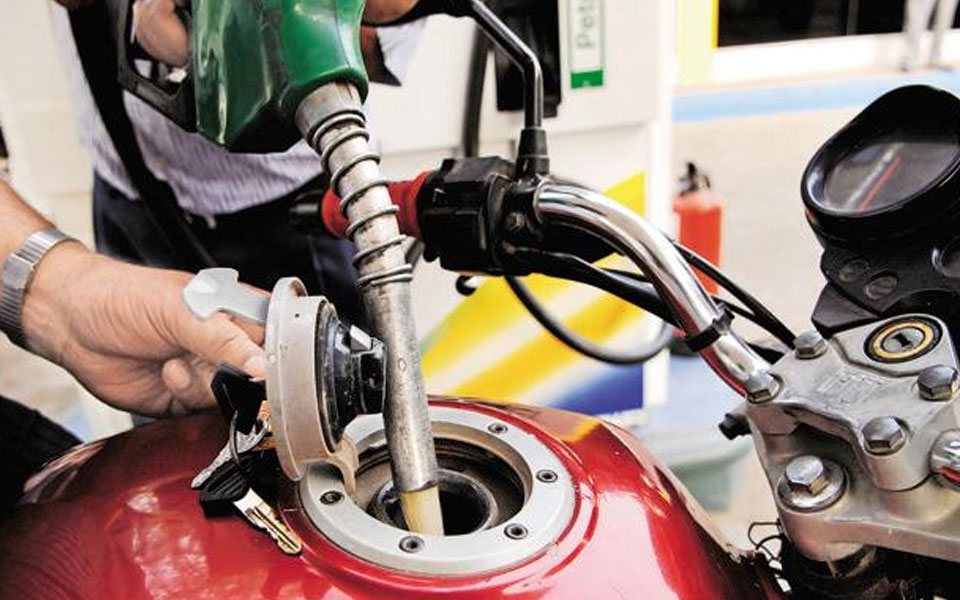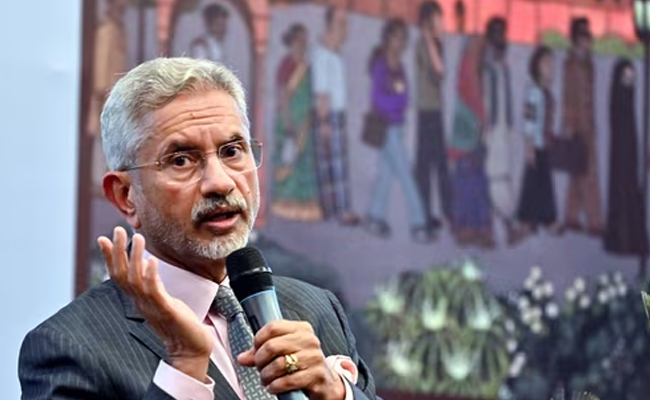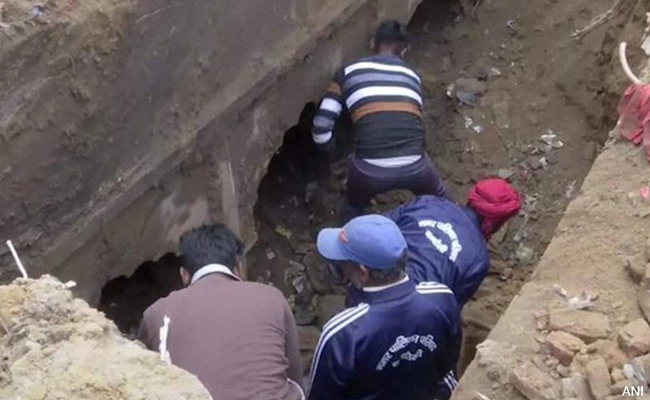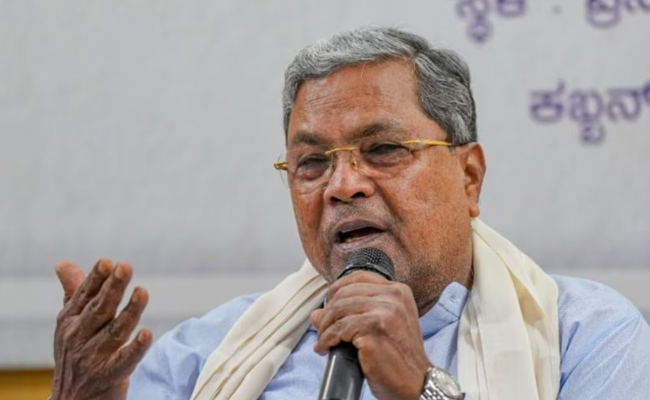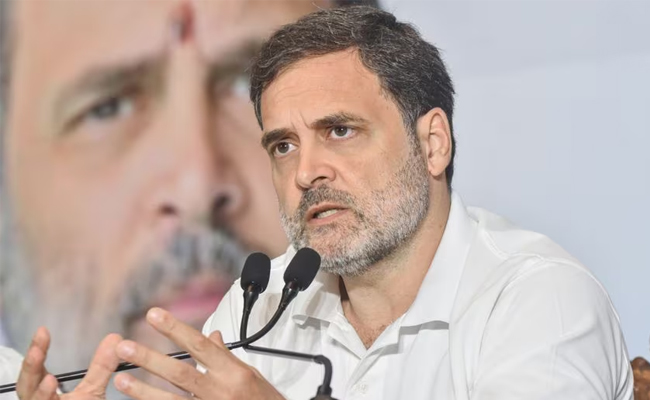New Delhi, June 9 : The Delhi government informed the state Assembly on Saturday that it has not increased the VAT on petrol and diesel since January 2016 dismissing allegations made by the opposition.
"After January 19, 2016, there has been no increase in the VAT on petrol and diesel. However, on May 7, 2016, the government had reduced the VAT on diesel from 18 per cent to 16.75 per cent," Deputy Chief Minister Manish Sisodia informed the Assembly in a written reply during the ongoing session.
The Leader of Opposition Vijender Gupta had been accusing the Aam Aadmi Party (AAP) government for increasing the value-added tax on fuel during their tenure.
Gupta also raised the same issue in a question during the session that the VAT on petrol was up by 12 per cent and that on diesel was up by 10.5 per cent.
The government informed the House that in the last three years, the VAT on these fuels was only increased twice -- in July 2015 and in January 2016 -- to bring uniformity in the tax rates with the neighbouring states.
In 2015, the VAT rate on petrol was increased from 20 per cent to 25 per cent and on diesel from 12.5 per cent to 16.6 per cent.
In 2016, the VAT on petrol and diesel was increased by 2 per cent and 1.4 per cent respectively to move towards uniformity in tax rates and develop a common market to boost trade in the north Indian region, Sisodia added.
Let the Truth be known. If you read VB and like VB, please be a VB Supporter and Help us deliver the Truth to one and all.
Mumbai (PTI): External Affairs Minister S Jaishankar has said India can never permit others to have a veto on its choices and will do whatever is right in the national interest and for the global good without being intimidated to “conform”.
In a video message for a function in Mumbai on Saturday, he said when India is etched more deeply in global consciousness, its repercussions are truly profound.
In a world grappling with unhealthy habits, stressed lifestyles or recurring climate events, there is much learning to be gained from India’s heritage. But the world will only know when the countrymen take pride in it, he said.
In an age of globalisation, technology and tradition must march together, said Jaishankar.
“Bharat will inevitably progress but it must do so without losing its Bharatiyata. Only then can we truly emerge as a leading power in a multi-polar world,” he said.
Jaishankar was conferred the 27th SIES Sri Chandrasekarendra Saraswati National Eminence Award. The awards are given in four fields – Public Leadership, Community Leadership, Human endeavour, Science and Technology and Social Leadership – with primacy on spiritualism.
The awards are named after the late 68th Seer of Kanchi Kamakoti Peetam Sri Chandrasekarendra Saraswathi.
The foreign minister did not attend the event but sent his video message.
“Independence should never be confused with neutrality. We will do whatever is right in our national interest and for global good without being intimidated to conform. Bharat can never permit others to have a veto on its choices,” he said.
“For too long we were schooled to visualise progress and modernity as a rejection of our heritage and traditions,” Jaishankar said.
Perhaps, this came from an affinity for imported models, or perhaps it was a discomfort with its own practices. But now as the deepening of democracy has thrown up more authentic voices, the country is rediscovering itself and finding again its own persona, he said.
Jaishankar said India is an exceptional nation because it is a civilisation state. Such a country will only exercise influence when it fully leverages its cultural strengths in the global arena, he said.
“To that it is essential that we ourselves, the younger generation, are fully aware of the value and significance of our heritage. This can be articulated at various levels, but most importantly it should have an impact at the societal level,” he said.
Jaishankar said India is poised today at a crucial juncture. On the one hand, the last decade has demonstrated that it has the capabilities, confidence and, most importantly, the commitment to advance development across broad fronts.
It has shown that the age-old problems of poverty, discrimination and lack of opportunities can be indeed addressed. On the global stage, it has established itself as an independent power but one committed to global good, especially the well-being of the global south, he said.
“At the same time, however, the constraints and limitations that have long been our bane still remain in place. There are viewpoints and ideologies which are more pessimistic and even denigrating of ourselves,” added Jaishankar.

